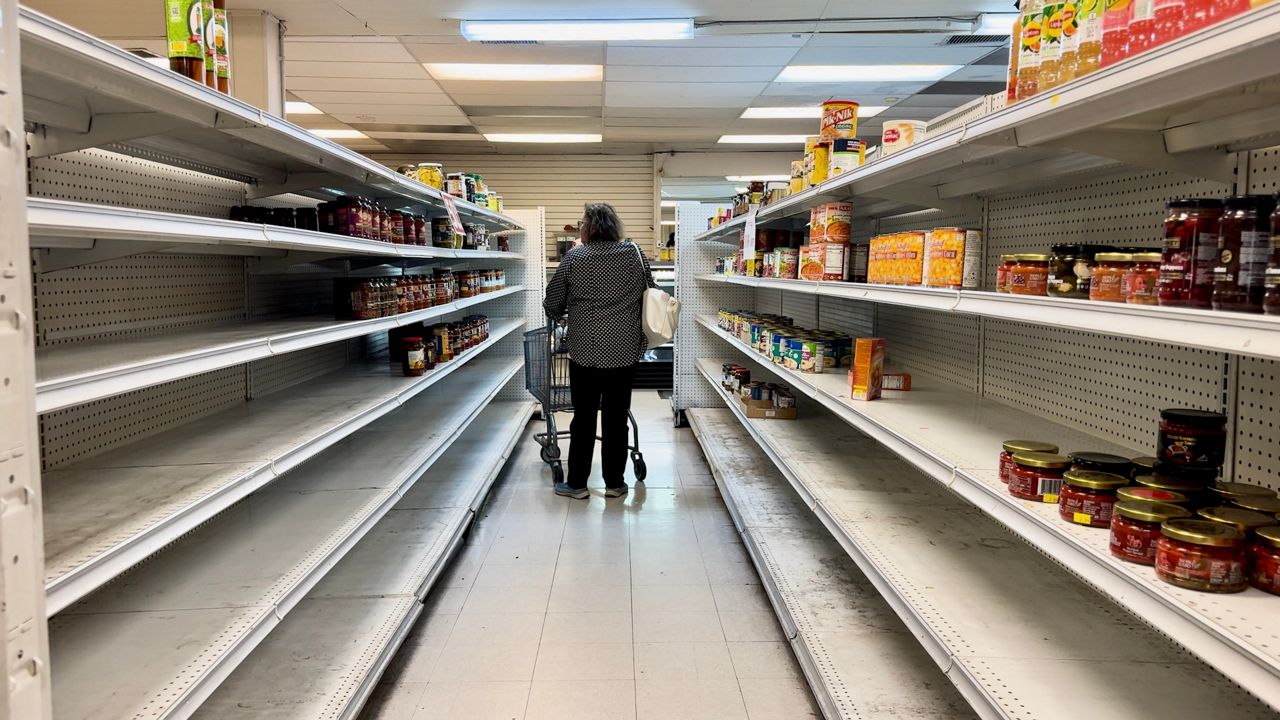Bussiness
When cultural centers close, communities of color suffer big losses

HAWTHORNE, Calif. — Losing small businesses is nothing new in Los Angeles, but many say the loss of cultural hubs and legacy businesses is particularly stinging.
For over 40 years, Hawthorne Market International Grocery has served thousands in Torrance, providing cultural foods from Afghanistan, Iran, Greece, Bulgaria, Poland, and more.
But in early May 2024, co-owner Saboor Hamidzadah and his siblings are closing the market’s doors for the last time.
“I think it hasn’t really affected me yet because I’m in the rush of closing because we have to close ASAP,” Hamidzadah said.
The Hamidzadah family was forced to close their doors after the rent was quadrupled, a number the family says they couldn’t maintain. On their last day, customers showed up in droves to support them.
Saboor’s sister, Zamira Hamidzadah, flipped through a yellow notepad left on the register. “We can go through pages of names and numbers of people saying we will follow you wherever you go.”
Customer Carrie Ferhaoui says the loss of Hawthorne Market will leave a big hole in the community.
“They always talk about diversity,” said Ferhaoui. “Well, we lost that. We lost the ability to choose what we want.”
The story of Hawthorne Market is one that is repeating itself across the city: the loss of mom-and-pop businesses and cultural hubs to the march of time and the forward motion of gentrification.
According to the LA Economic Development Corporation, Los Angeles is the second-highest city to attract new small businesses and, subsequently, the second-highest city to lose them because of financial pressures.
“There’s always been a struggle in Los Angeles to maintain these cultural centers.”
LA-based food writer Bill Esparza says that when a cultural hub is lost, a whole community goes with it.
“Where do those people go? Well, people will go somewhere, but they will never have that center back again,” Esparza explained. “It’s where they get their groceries. It’s where they catch up on what’s happening in their home countries. And so, once they disperse and the area becomes bleached, it’s gone.”
As Hamidzadah closes the market for the final time, he is reflecting on the future and whether he will open another market.
“We are going to, as a family, do some brainstorming if that is another possibility for us,” he said, with hopes of carrying on the cultural legacy his father started more than 40 years ago.










